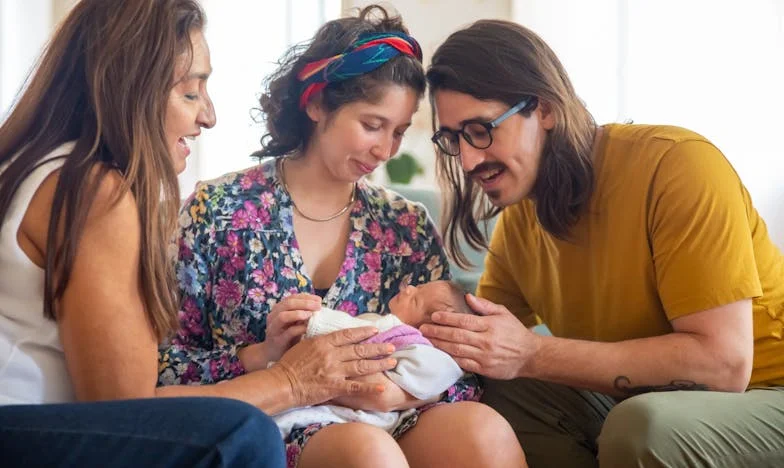“We Suggested a Move to Assisted Living. When Gregory Heard, He Wept and Firmly Refused”: I’m at a Loss and Conflicted
We Suggested a Move to Assisted Living. When Gregory Heard, He Wept and Firmly Refused: I’m at a Loss and Conflicted
Life has a way of presenting challenges that test our strength and tug at our heartstrings. I find myself caught between the needs of the two people I love most: my daughter Lily and my stepfather Gregory.
Lily, at eight years old, is a bright and vivacious girl who fills my days with laughter and endless questions about the world around her. As a single mother, my life revolves around providing her with the stability and happiness she deserves. We live in a small, cozy home in the suburbs, a stark contrast to the rural, crumbling house where my 84-year-old stepfather resides.
Gregory has been a part of my life since I was very young, stepping in when my biological father left us. He has always been a pillar of strength and kindness, but as the years have passed, his ability to care for himself has diminished. His home, once a lively hub of family gatherings, now stands in disrepair in a village where the average age of residents hovers around 70.
The isolation and physical demands of maintaining his property have become overwhelming for Gregory. After many sleepless nights, I broached the subject of moving him into an assisted living facility. I thought it would be a place where he could have company, proper care, and the safety of professional oversight. However, the conversation did not go as planned.
When I gently suggested the idea, Gregory’s face crumpled. Tears streamed down his cheeks as he shook his head vehemently. “I’ve lived in this house with your mother for over fifty years. I can’t just leave her memory behind,” he sobbed. The pain in his voice pierced my heart. My mother had passed away several years ago, and I understood that every corner of that house held memories of their life together.
I tried to explain the benefits, the social activities he could enjoy, and the round-the-clock care he would receive. But Gregory was resolute. “I’d rather spend my last days here, in the home I loved with her, than in a strange place surrounded by people I don’t know,” he declared.
The drive back home was silent, heavy with unspoken fears and frustrations. Lily, sensing the tension, held my hand tightly. At home, I tucked her into bed, her innocent face a stark reminder of the responsibilities weighing on me. How could I manage the care Gregory needed while ensuring Lily had a joyful, carefree childhood?
That night, as I lay awake, the gravity of the situation settled in. Gregory’s refusal meant more emergency calls, more drives to the village at odd hours, and the constant worry about his safety. It also meant less time and energy for Lily, less of the mother she deserved.
The following weeks were a blur of managing crises. Gregory fell and couldn’t get up, leading to a midnight dash to his house. Another time, he forgot to turn off the stove, nearly starting a fire. Each incident chipped away at my resolve, leaving me exhausted and torn.
One rainy evening, as I drove to Gregory’s after another call from a concerned neighbor, a truck swerved into my lane, its headlights blinding. The world spun wildly, and then darkness.
I woke up in the hospital to the sound of beeping machines and Lily’s soft crying. The relief on her face when I opened my eyes was mixed with something else – fear. Gregory, too frail to visit, had worsened, the stress of my accident accelerating his decline.
In the end, neither Gregory nor I had a choice. His health deteriorated rapidly, and he passed away a few months later, alone in his beloved home. The guilt and grief I felt were overwhelming. I had tried to do right by both the people I loved, but in the end, I couldn’t save Gregory from his loneliness or protect Lily from the harsh realities of life.
As I look back, I’m left with a heart full of love and a mind full of what-ifs. The decisions we face aren’t always clear, and the consequences resonate far beyond what we can predict.
